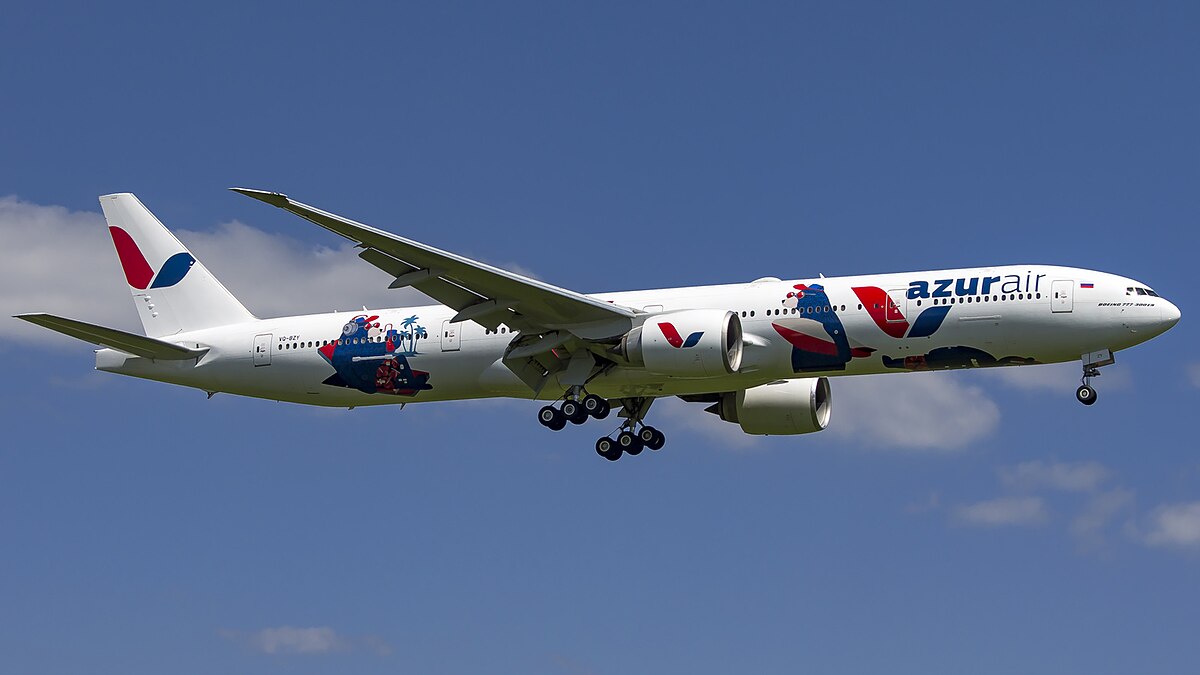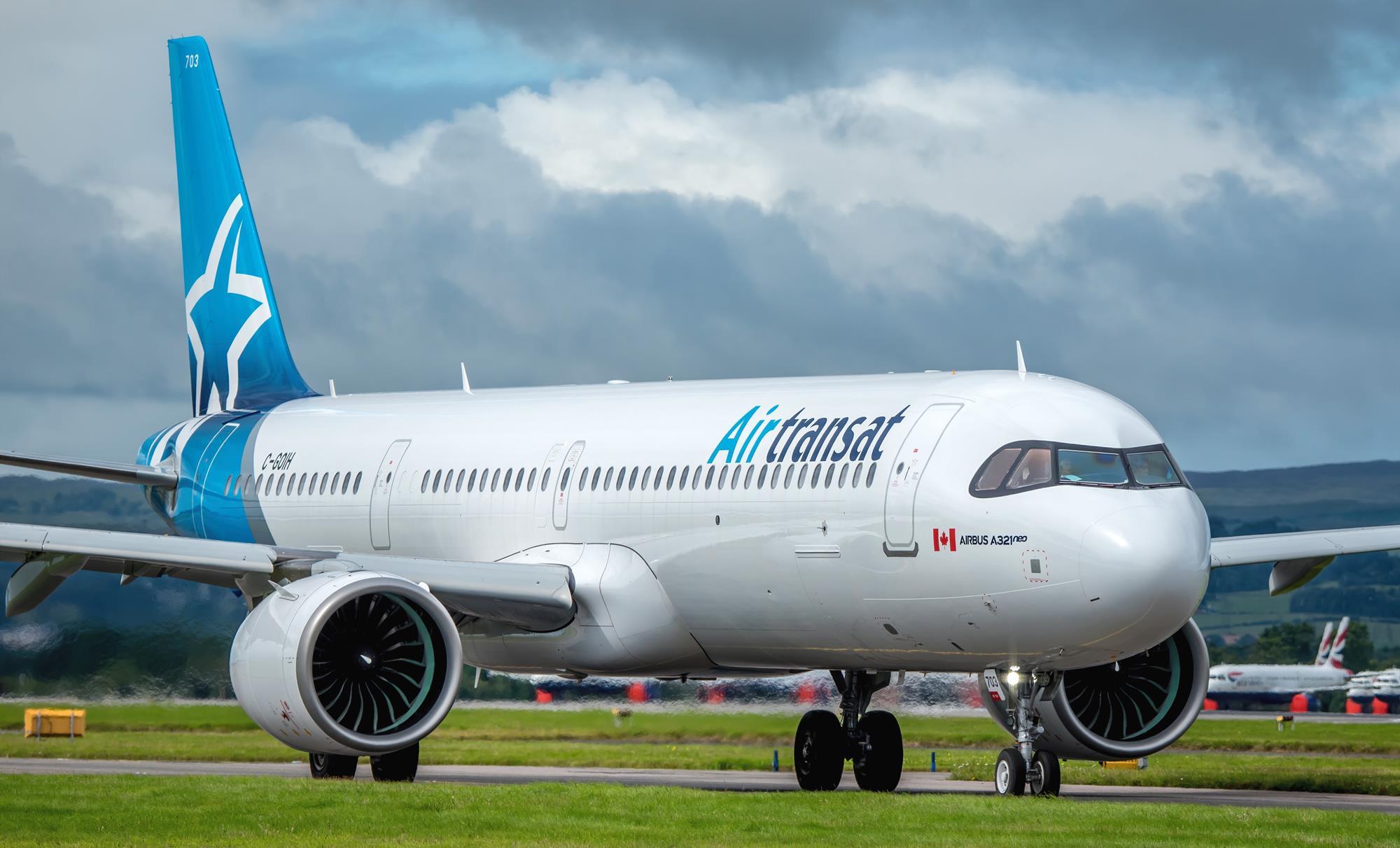
In an unexpected turn of events, Azur Air, a prominent charter airline known for vacation flights, has decided to ground its last Boeing 777-300ER. This strategic move, announced amid challenging global economic conditions, highlights the airline’s focus on reshaping its fleet strategy to better align with future growth plans.
Background on Azur Air’s Fleet Decisions
Azur Air, headquartered in Moscow, Russia, has been operating a diverse fleet to cater to both domestic and international travelers. The airline’s decision to ground its sole remaining B777-300ER comes as it undergoes a restructuring aimed at optimizing operational efficiencies. For years, the Boeing 777-300ER served as one of the mainstays of Azur Air’s long-haul operations, providing a balance of fuel efficiency, capacity, and range.
Reasons Behind Grounding the B777-300ER
Multiple factors have influenced this critical decision by Azur Air:
- Economic Pressures: The global aviation industry is facing unprecedented economic challenges, prompting many airlines, including Azur Air, to reconsider the viability of older aircraft models.
- Fleet Modernization: Azur Air is shifting towards a more modern and fuel-efficient fleet, aligning itself with sustainability trends and minimizing operational costs.
- Regulatory Adjustments: New emissions and noise regulations favor newer aircraft, making the phase-out of older, less compliant models a tactical necessity.
Implications for Azur Air’s Operations
The decision to ground the Boeing 777-300ER is expected to have significant implications for Azur Air’s flight operations:
Short-Term Challenges
Azur Air is likely to encounter some short-term operational challenges as this aircraft was critical to servicing long-distance routes. Passengers booked on long-haul flights may face rearrangements or alternative travel solutions. The airline has assured that it is working closely with customers to minimize disruptions during this transition period.
Long-Term Benefits
Azur Air’s strategic fleet adjustments aim to create long-term benefits, including:
- Fleet Efficiency: The move allows the airline to enhance its overall fleet efficiency with next-generation aircraft that offer lower maintenance and operational costs.
- Sustainability Goals: Aligning with the latest environmental standards, Azur Air is positioning itself as a forward-thinking airline committed to reducing its carbon footprint.
- Market Competitiveness: By modernizing its fleet, Azur Air intends to enhance its competitiveness, appealing to a broader market segment by offering enhanced passenger experiences.
As Azur Air navigates the dynamic challenges of the aviation industry, the grounding of its last Boeing 777-300ER signals a pivotal step in its journey towards a renewed strategic vision. By focusing on efficiency and sustainability, Azur Air aims to emerge more resilient in the face of industry transformations, ensuring that it remains a key player in charter services.
Scudrunners.com



